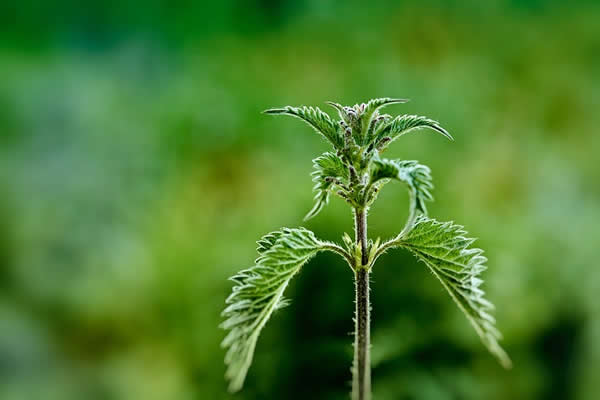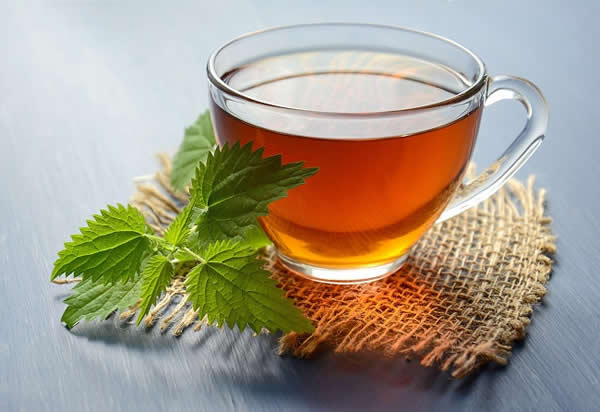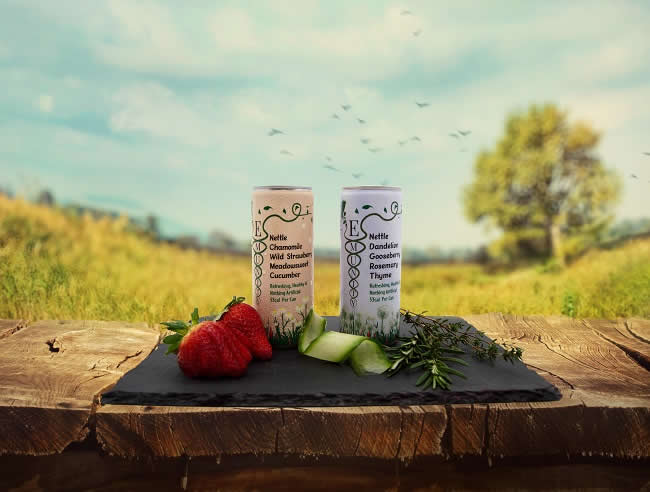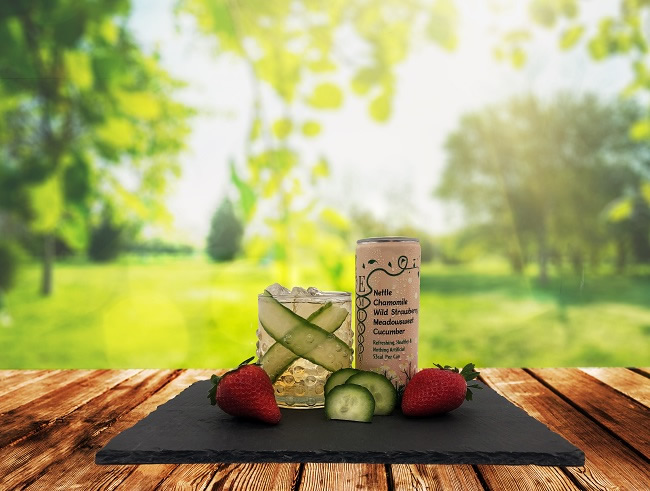Positive Health Online
Your Country

Nettle Health Benefits – the Science
listed in herbal medicine, originally published in issue 275 - January 2022
One of the most abundant weeds in the UK, the common stinging nettle is everywhere and most of us tend to avoid it due to its irritating sting.
However, stinging nettles have also been used in traditional medicines and folk remedies for millennia. As science has improved, we are now able to test health claims made by traditional medicine to see what, if any, health benefits plants like stinging nettles have. And what scientists have found out about stinging nettles (Urtica dioica L. to give its Latin name) is quite remarkable.

So, what health benefits of nettle have been backed by science?
Nettle is Rich in Nutrients
One of the most remarkable things about nettle is simply its nutrient content.[1] For such a common and fast-growing plant, it is a particularly rich source of omega-3 which plays a vital role in controlling cholesterol and keeping your body healthy. In fact, nettle has a similar amount of omega-3 as spinach.
Surprisingly, nettle is also a good source of essential amino acids ─ the building blocks of muscle ─ containing almost the same amount of amino acids as chicken!
On top of all that, nettle contains all of your recommended daily intake (RDI) or vitamin A, which keeps both your immune system and eyes healthy. Nettle also contains 50% RDI of calcium, which is important for strong bones and teeth, 20% RDI of fibre, which is essential for good digestion, and up to 12% RDI of iron, which helps with your energy and focus, digestion and the immune system.
Overall, nettle is a nutrient-rich plant to eat and drink, aiding with the general function, maintenance, and growth of the human body.
Nettle Lowers Blood Sugar Levels
One interesting and unexpected benefit of nettle is that it can lower blood sugar levels and help maintain them within a healthy range. One study looked at how nettle could even help people with advanced type-2 diabetes control their blood glucose levels.[2]
The study gave participants daily nettle supplements over three months as part of a randomized double-blind, placebo-controlled clinical trial (the gold standard for clinical trials). What they found was that participants taking the nettle supplement had significantly reduced blood glucose levels, regardless of their diet, age or amount of exercise.
This is quite a significant finding and could help nettle become an effective treatment for those with type-2 diabetes. In smaller doses, nettle could help the average person to maintain a healthy blood sugar level, reducing the chances of developing diabetes in the first place.

Nettle May Lower Blood Pressure
As well as lowering blood sugar levels, nettle may also help to reduce and control blood pressure. Blood pressure can increase for several reasons, such as a high salt diet, obesity and other health conditions. High blood pressure also puts the heart under more strain as it needs to do more work to pump the blood around the body. So, keeping blood pressure in check can be important to reduce the risk of heart failure.
One study, which tested the effects of nettle on rats and rabbits, found that a nettle extraction helped reduce blood pressure in both normal and hypertensive (high blood pressure) animals.[3]
While this research is in its early stages, it does seem to back up the traditional use of nettle as a blood pressure treatment. Consuming lower doses of nettle on a regular basis, such as by drinking nettle tea or a glass of Emunity, could help with the healthy maintenance of blood pressure and ward off heart issues.

Nettle Helps Fight the Symptoms of Hayfever
Hayfever is an uncomfortable annoyance for many of us from spring through to autumn. As plants and trees begin to flower, they release pollen into the air. This pollen can then irritate and inflame the throat, nose and ear canals, causing stuffiness, sore throats and headaches. Not what you want when you are out enjoying a rare bit of sunshine!
Fortunately, studies have shown that nettles contain several bioactive compounds that contribute to anti-inflammatory effects on the human body, especially those associated with seasonal allergies like hayfever. Specifically, they inhibit the inflammatory response to pollen that causes hayfever, helping to stop symptoms before they start, essentially acting as an antihistamine.[4]
So, if you suffer from hayfever, drink some nettle tea or Emunity, or eat some prepared nettles in a salad to help reduce the symptoms.
Nettle Boosts your Immune System
We could all use a boost to our immune system sometimes to help keep us healthy. The good news is that nettle has been shown to increase both red and white blood cell count[5] which helps to keep blood, body and immune system functioning well.
In one study using rats, nettle was found to be an immune response modulator, stimulating the proliferation of T lymphocytes in vitro.[6] These so-called T cells are incredibly important types of white blood cells that play a central role in the adaptive immune response.
While there hasn’t been any extensive testing on humans, these results are promising for the humble nettle and suggest that it can play a role in supporting a healthy immune system.
%20650x433px.jpg)
While stinging nettles in your garden may be considered annoying weeds, this rather plain-looking plant has a myriad of health benefits when consumed as part of a healthy diet. From helping to control blood sugar and pressure, to fighting the symptoms of hayfever and improving the immune system, the use of nettle as a traditional medicine holds up to science.
It is these health benefits that led me to create Emunity ─ a nettle-based soft drink blended with fruit and other herbs. By drinking nettle-infused drinks, such as Emunity or nettle tea, you can benefit from this amazing plant every day without the hassle of curing and cooking it.

So, before you throw your nettles in the compost, consider washing them off, boiling them and sticking them in your next meal. Alternatively, buy some nettle tea or pick up a can of Emunity for an immediate health boost on the go.
References
- Mineral Properties and Dietary Value of Raw and Processed Stinging Nettle (Urtica dioica L.) Laban K. Rutto, Yixiang Xu, Elizabeth Ramirez, and Michael Brandt; International Journal of Food Science; Article ID 857120. 2013.
- Improved glycemic control in patients with advanced type 2 diabetes mellitus taking Urtica dioica leaf extract: a randomised double-blind-placebo-controlled clinical trial. S Kianbakht et al. Clin Lab. 59(9-10):1071-6. 2013.
- Mechanisms underlying the antihypertensive properties of Urtica dioica; R Qayyum et al. J Transl Med;14(1):254. Sep 1 2016.
- Nettle extract (Urtica dioica) affects key receptors and enzymes associated with allergic rhinitis. B.Roschek et al . Phytother. Res. 23(7):920-6. Jul
- Chemical composition and immune-modulatory effects of Urtica dioica extracts. Franciskovic M. et al. Phytother. Res. 31: 1183-1191. 24th May 2017.
- Effects of extract of Urtica dioica L. (stinging nettle) on the immune response of rats with severe malnutrition. Herrera, Sara & Rodríguez-Cruz, Leonor & García-Rodríguez, María & Flores, José & velasco-lezama, Rodolfo. 2018.
Comments:
-
No Article Comments available